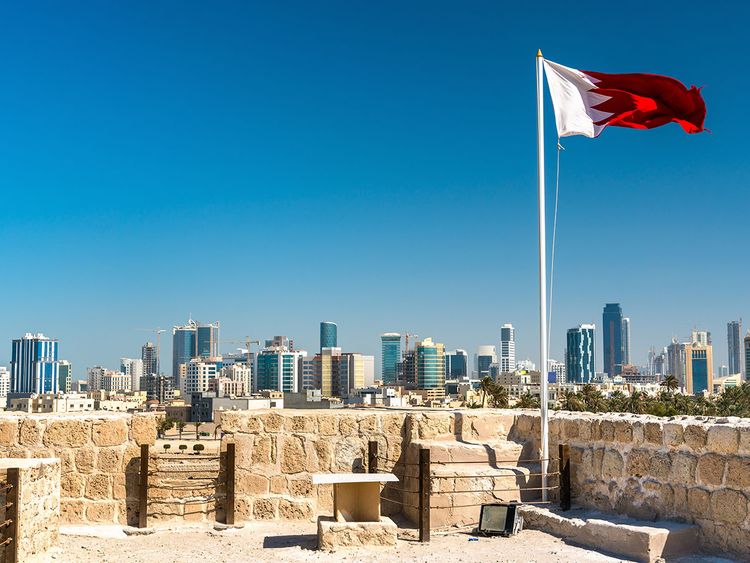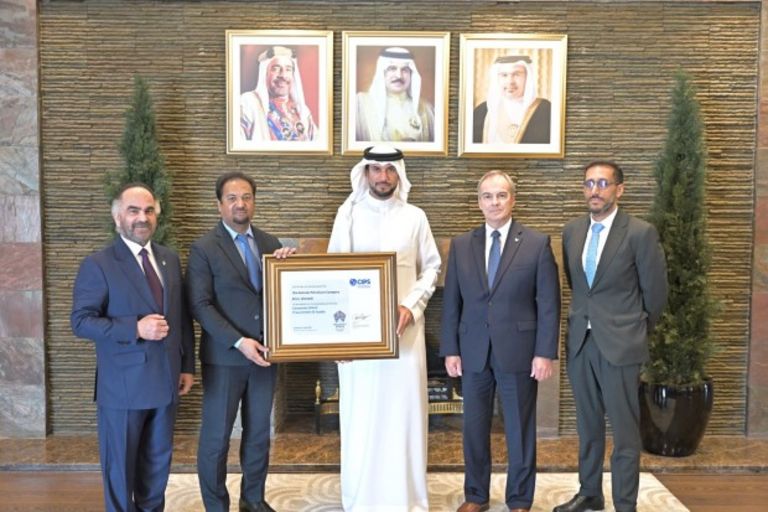Bahrain tipped as fastest growing economy in GCC

MANAMA: Bahrain is forecast to be the fastest-growing economy in the GCC next year, with the kingdom’s GDP set to rise 4.7 per cent, according to Fitch.
The ratings agency yesterday revealed its 2021 outlook for Middle East and North Africa sovereigns, which sees most sovereigns in the region register improving growth and fiscal and external balances next year as economies bounce back from the coronavirus shock, oil prices recover, and stimulus measures are eased.
Nevertheless, despite efforts to mitigate the impact of the pandemic on financial sustainability, balance sheets will continue to deteriorate.
Lower-for-longer oil prices and other potential consequences of the pandemic raise questions about the long-term social and economic models of the GCC, says the Fitch report.
For some lower rated sovereigns, reform is becoming a pre-condition for debt market access and debt sustainability.
“The Middle East and North Africa region will see a return to growth in 2021, but the recovery will be dampened by fiscal consolidation efforts after a sharp rise in debt in 2020 and, in the case of oil exporters, by continued Opec+ oil production quotas. Balance sheets of oil exporters will continue to deteriorate, although for higher rated GCC sovereigns they still remain very strong. Political dynamics also complicate consolidation efforts in non-oil exporting sovereigns in the region,” says the firm’s senior director Jan Friederich.

Painful fiscal adjustments and the economic dislocation from coronavirus-containment measures risk a social and political backlash next year in the absence of economic opportunities and improved living standards to satisfy still rapidly growing, young and under-employed populations.
Headline fiscal balances will improve across much of the GCC next year as oil prices recover to an average of $45/bbl and coronavirus-related expenditures are phased out.
Non-oil primary balances will also improve amid redoubled efforts towards medium-term fiscal sustainability, the report says.
Deficits will remain sizeable particularly in the lower-rated oil exporters and Kuwait, leading to continued deterioration of sovereigns’ debt and net foreign asset metrics.
Next year, Fitch expects gross foreign debt issuance of around $50 billion in the GCC for new financing and rollover of maturities.
The Opec+ agreement and a tepid global demand outlook will constrain recovery in oil production next year.
According to Fitch, the exchange-rate pegs of the GCC are unlikely to change next year or in the medium term.
Nonetheless, in the lower-rated sovereigns, maintenance of the pegs beyond the near term will require challenging fiscal adjustment, which is underway to varying degrees, and in most cases staving off pressure on pegs will entail significant depletion of foreign assets and/or build-up of debt, the agency adds.
GCC countries prefer fiscal consolidation as a means of fiscal and external rebalancing, which in Fitch’s view is consistent with their structural economic limitations and their ability to defend the pegs.
Source: http://www.gdnonline.com/Details/910003


